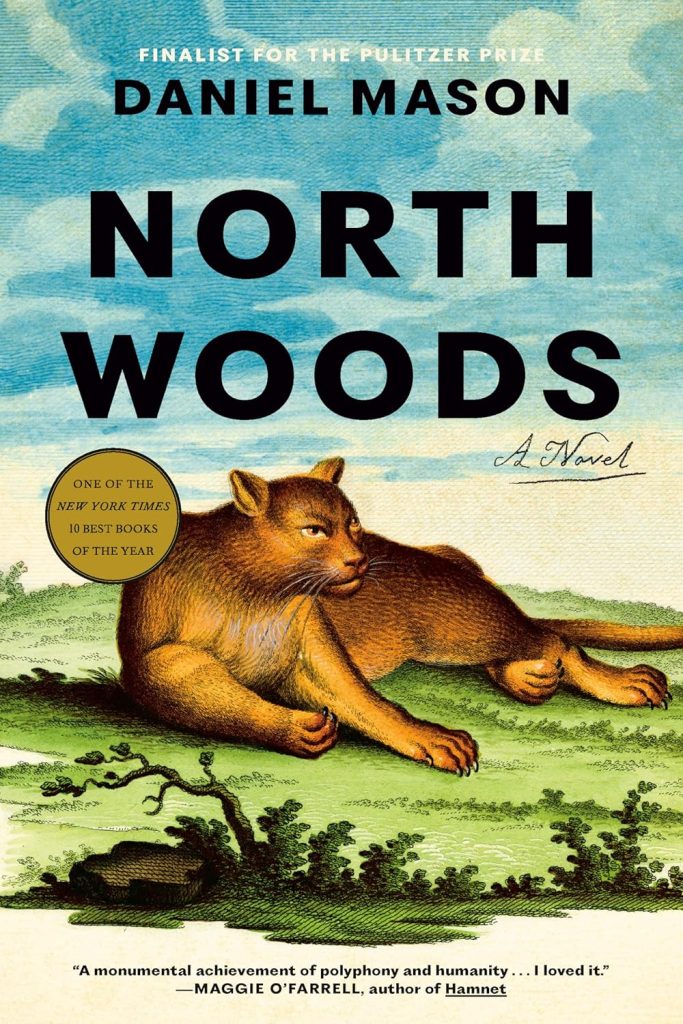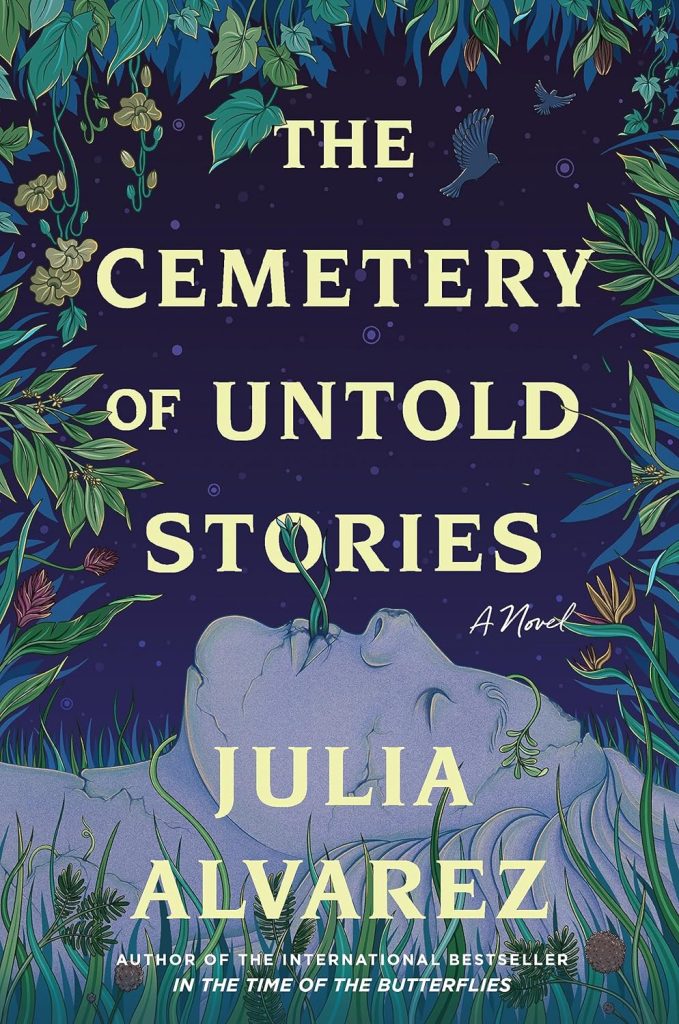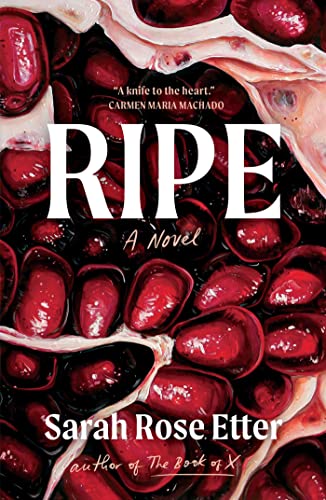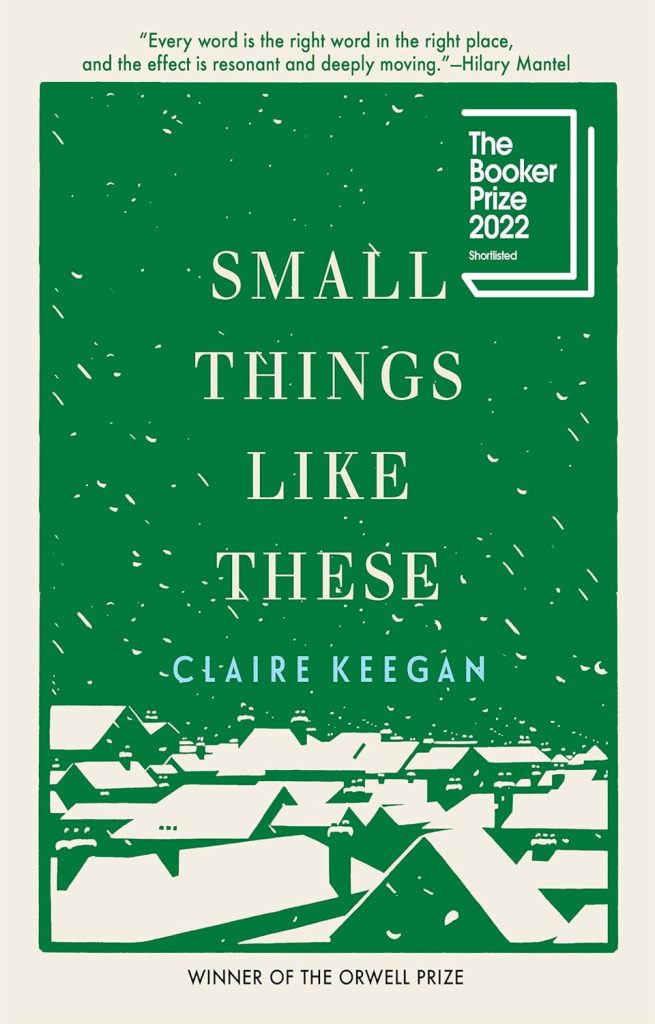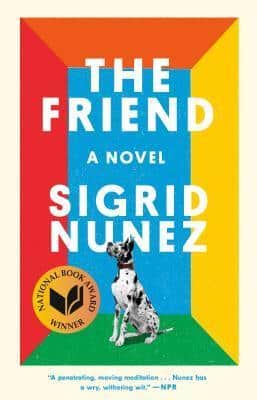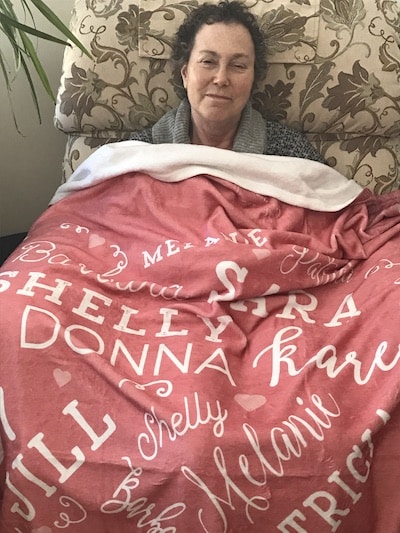
Help Me Help, Jan
Estimated reading time: 10 minutes, 41 secondsMike and Elyssa to the Rescue
“Mom, are you OK? Elyssa and I are here to help you,” Mike said. I brought over one of the wooden chairs with the no-scrape patches. It was nearby as the physical therapist needed it for exercises. “This might help to get her to the toilet.
They got her up into the chair and slid her like an ice boat across the wooden floor.
“Her urine is full of blood,” Mike said.
I mentioned that the visiting nurse would be here in a few hours.
“We need her now,” said Elyssa.
I handed her my iPhone and indicated the number for the visiting nurse.
Elyssa stepped into the hallway to speak to her.
“She is on her way. She had an appointment but rescheduled it to get here immediately.”
I thanked Elyssa and rubbed my back.
“Do you want to sit down?”
I nodded no and tried to walk off the pain.
My iPhone rang, and it was the Visiting Nurse. Mike went down to let her in.
“Ms. Lilien let me take your vitals,” said the nurse.
While waiting for the vitals, I stopped breathing for a minute.
“Her blood pressure is 70 over 40, and her temperature is over 100,” said the nurse. “That combined with the blood in her urine, she is high risk and needs to be hospitalized now.”
“I need to call her Oncologist and let him know.”
Dr. Strair answered on the first ring, and I placed him on speakerphone and provided an overview of the situation, and the nurse provided the details.
“I agree she should go to the hospital,” Dr. Strair said. “Do you know what is in her advanced directive? You should read it and know what to do as you might need to use it.
My body shook like an earthquake had torn the apartment into two pieces.I can’t lose Jan. She is all I have.
The nurse called for an ambulance.
“Jan, I know going to the hospital is not what you want, but it is what you need to do,” said Elyssa in a very soothing and reassuring voice.
Overlook Hospital
“Thanks for driving me,” I said to Mike. “Can you and Jon make calls to family and friends? I can text you the names and phone numbers. I can’t do it now….” Mike said yes as we pulled into the parking deck at the hospital.
“Only one of you can stay,” said the triage nurse. Mike and Elyssa hugged me and left.
I paced the narrow hallway as I had not slept in forty hours.
“I did not know she had COVID,” said the triage nurse. “You cannot stay.”
“It’s important that they call Dr. Strair,” I said as I scribbled his name and number on paper.
“I will make sure they call the doctor.”
“What about the bag I brought?”
“I will give it to her.”
I stumbled out of the ER and texted my sons that I could not stay with her. Will I ever see her again?
When I got in the car, I called Rabbi Renee.
“Jan’s in the ER!” I said as tears overflowed my face like an open hydrant.
“She is very sick.”
“What happened,” she asked.
Between my tears, I updated her the best I could.
“I will update everyone at services tonight.”
The Rabbi asked what she could do to help her very calming voice.
“I just need Jan to stay alive!”
Any prayers for her recovery will help.
After parking the car, I texted my sons, family, and close friends this message.
Jan is in Overlook Hospital. I just spoke to the emergency room physician. He described her as being critically ill. Her blood pressure was 70 over 40, and she had a temperature of 100. She is being admitted to the ICU. Because she still has Covid, I was not allowed to stay with her. I will update you as I learn more.
Friday, April 2, 4 PM
After almost 48 years, I recently lost my wife, Jan Lilien. Like The Little Prince, Jan and I believed that “The most beautiful things in the world cannot be seen or touched, they are felt with the heart.” This blog is a collection of my random thoughts on love, grief, life, and all things considered.


